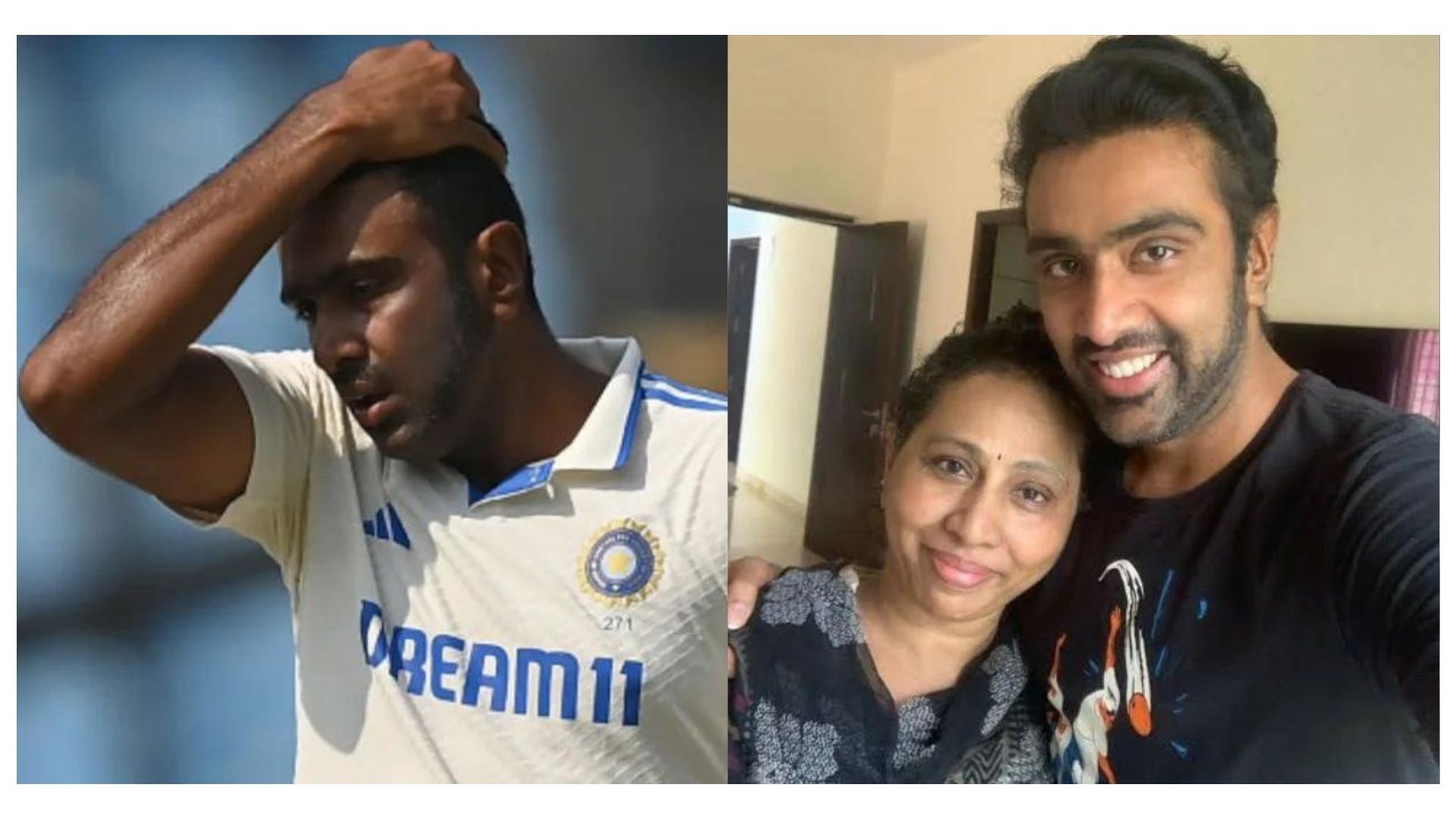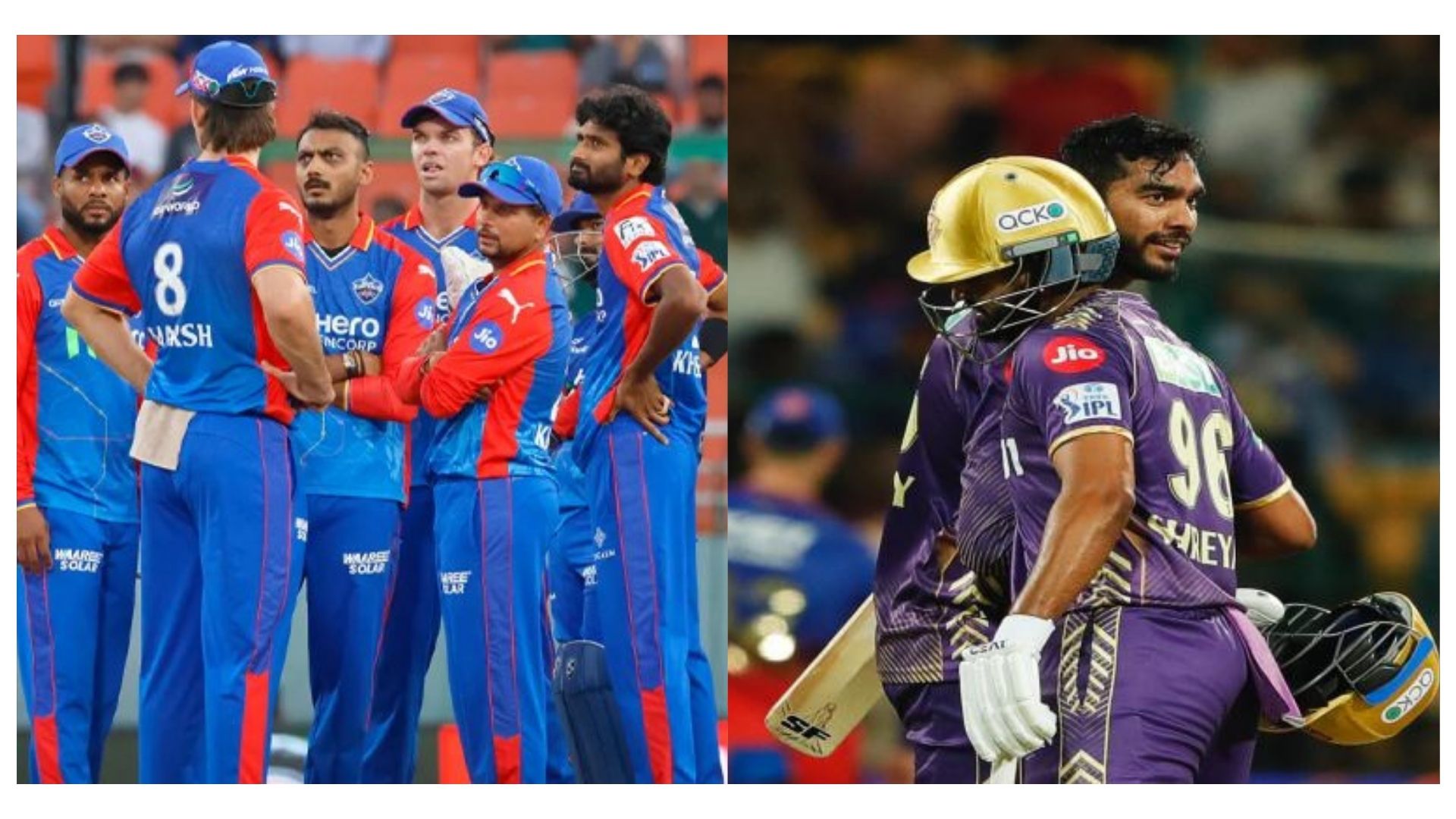Ravichandran Ashwin, the off-spinner had returned home for a family emergency after Day 2 of the ongoing Test IND vs ENG 3rd Test.
If the opposing captain consents, a player may be substituted at any point during a match according to MCC regulations. However, there is less clarity on this under the World Test Championship rules. A player may only be substituted in accordance with the regulations following the toss and team announcement, but prior to the game commencing.
Mother is ill. Thus, in the third Test, Ravichandran Ashwin moved out of the middle. Yesterday, the right-handed off-spinner was on the field. Additionally, he delivered the opening blow to England’s batting order. Became the 500th Test wicket owner. However, Ashwin abruptly quit the contest the very following day. But can someone in the Indian camp take Ravichandran Ashwin’s place in this scenario? Or ten players to represent Team India? What are the rules of the ICC?
ICC Rules :
Teams will also be allowed to replace a player if he/she shows symptoms of Covid-19, but only during a Test match. “In line with concussion replacements, the Match Referee will approve the nearest like-for-like replacement,”- the ICC said. Or there are rules to include if someone is seriously injured.
The Marylebone Cricket Club (MCC), which is in charge of upholding the game’s laws, states that umpires have the authority to substitute a fielder if they have reason to believe that a player has been hurt or becomes ill during the match.
As per MCC’s rule, a team can have a substitute fielder for a ‘wholly acceptable reason’. A substitute cannot bowl or act as a captain but the player can be a wicket-keeper only with the consent of the umpires.
As Ravichandran Ashwin did not sustain any injuries or become ill during the match, India may only use Rajkot as a substitute fielder with the opposition captain Ben Stokes’ approval.
But if someone leaves in the middle of the game for any of these two reasons, then the team cannot take any player in the team. In other words, since Ravichandran Ashwin is out, no player can be included in the team as a replacement for the remaining 2 days. In that case, Rohit Sharma will have to enter the field with 10 players IND vs ENG 3rd Test.
If a player is absent from the field for longer than 8 minutes, the following restrictions shall apply to their future participation in the match :
The player shall not be permitted to bowl in the match until he has either been able to field, or his team has subsequently been batting, for the total length of playing time for which the player was absent (hereafter referred to as Penalty time). A player’s unexpired Penalty time shall be limited to a maximum of 120 minutes. If any unexpired Penalty time remains at the end of an innings, it is carried forward to the next and subsequent innings of the match.
Interpretation of “retired hurt” in cricket :
In accordance with the cricket statutes of the Marylebone Cricket Club (MCC), a batter is considered retired hurt or absent hurt if an illness, injury, or other unavoidable circumstance prevents them from finishing their innings. Before being allowed to end their innings, they must confer with the on-field umpire.
Can a former injured batter ever play again ?
If they recuperate before the completion of their team’s innings, a retired hurt hitter or an absent hurt batter may return to the crease. It is important to remember that a retired injured batter can only continue his or her innings when a wicket falls or another batter in their team retires.
What is the primary distinction in cricket between retiring hurt and retired out ?
A retired out batter is considered out by the cricket laws of the Marylebone Cricket Club (MCC), however a retired wounded batter is temporarily permitted to bat again during their team’s innings in any format.
Batter retiring :
A batter may retire at any time during his innings when the ball is dead. The umpires, before allowing play to proceed, shall be informed of the reason for a batter retiring.
If a batter retires because of illness, injury or any other unavoidable cause, that batter is entitled to resume his innings. If for any reason this does not happen, that batter is to be recorded as ‘Retired – not out’.
If a batter retires for any reason other than, the innings of that batter may be resumed only with the consent of the opposing captain. If for any reason his innings is not resumed, that batter is to be recorded as ‘Retired – out’.
If after retiring a batter resumes his innings, it shall be only at the fall of a wicket or the retirement of another batter.




